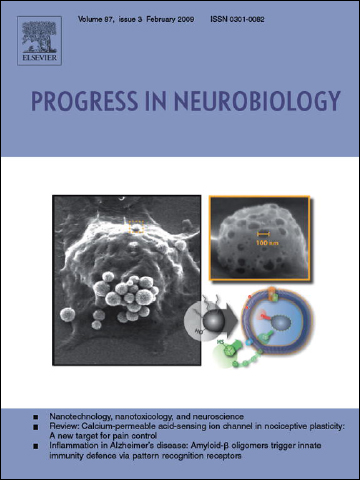
“Despite efforts to understand the mechanism of neuronal cell death, finding effective therapies for neurodegenerative diseases is still a challenge. Cognitive deficits are often associated with neurodegenerative diseases.
Remarkably, in the absence of consensus biomarkers, diagnosis of diseases such as Alzheimer’s still relies on cognitive tests. Unfortunately, all efforts to translate findings in animal models to the patients have been unsuccessful. Alzheimer’s disease may be addressed from two different points of view, neuroprotection or cognitive enhancement.
Based on recent data, the mammalian target of rapamycin (mTOR) pathway arises as a versatile player whose modulation may impact on mechanisms of both neuroprotection and cognition. Whereas direct targeting of mTOR does not seem to constitute a convenient approach in drug discovery, its indirect modulation by other signaling pathways seems promising.
In fact, G-protein-coupled receptors (GPCRs) remain the most common ‘druggable’ targets and as such pharmacological manipulation of GPCRs with selective ligands may modulate phosphatidylinositol-4,5-bisphosphate 3-kinase (PI3K), mitogen-activated protein (MAP) kinase and mTOR signaling pathways.
Thus, GPCRs become important targets for potential drug treatments in different neurodegenerative disorders including, but not limited to, Alzheimer’s disease. GPCR-mediated modulation of mTOR may take advantage of different GPRCs coupled to different G-dependent and G-independent signal transduction routes, of functional selectivity and/or of biased agonism. Signals mediated by GPCRs may act as coincidence detectors to achieve different benefits in different stages of the neurodegenerative disease.”
